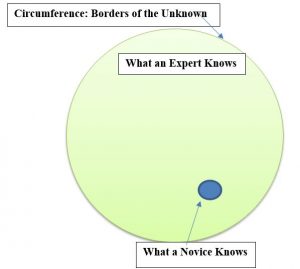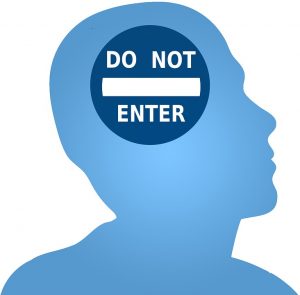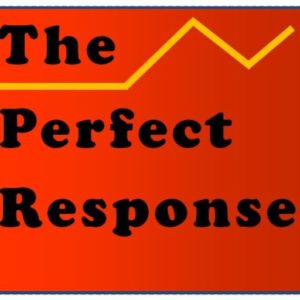Many seem comfortable even with only an elementary understanding of the world they live in.
In his still relevant 1989 study, Democracy Without Citizens, Robert Entman dwells on the irony of living in an information-rich age among uninformed citizens. There is a rich paradox to a culture where most have a virtual library available on any digital device, and yet would struggle to pass a third-grade civics test. According to the Annenberg Policy Center only one in three Americans can name our three branches of government. And only the same lone third could name the party that controls each of the two houses of Congress. A full fifth of their sample thought that close decisions in the Supreme Court were sent to Congress to be settled.
And it gets even worse. Any number of YouTube police videos show drivers who are stopped by traffic police who are certain that they don’t need a driver’s license to be on the road. And it seems like misinformation and happy ignorance easily survives in national and state legislative bodies. Fewer local straight news sources make it easier to survive in a twilight zone of magical thinking.
Add in the dismal results of map literacy tests of high school and college students (“Where is Africa?” “Identify your city on this map”), and we have just a few markers of a failed information society.
As Entman notes, “computer and communication technology has enhanced the ability to obtain and transmit information rapidly and accurately,” but “the public’s knowledge of facts or reality have actually deteriorated.” The result is “more political fantasy and myth transmitted by the very same news media.” We seem to live comfortably without even elementary understandings of the complex world we live in.

This condition is sometimes identified as a feature of the Dunning-Kruger effect, a peculiarly distressing form of functional ignorance observed by two Cornell psychologists. Many of us seem not to be bothered by what we don’t know, overestimating our knowledge. Dunning and Kruger found that “incompetent” individuals (those falling into the lowest quarter of knowledge on a subject) often did not recognize their own lack of skill, failed to recognize the extent to which they were misinformed, and did not to accurately gauge the skills of others. They don’t know what they don’t know. If you have an Uncle Fred who is certain that the President is a Communist, you have an idea of what kind of willful ignorance this represents.
Think of this pattern in an inverted sense: from the perspective of individuals who truly know what they are talking about. For even the well-informed, the more they know about a subject, the larger the circumference of the borderlands that delineate the unknown. That’s why those who have mastered a subject area are often the humblest about their expertise: their expanded understanding of a field gives them a sense of what they still don’t fully understand. Ironically, good experts often express less certainty about complex events than a poorly informed member of the public.

The key factor here is our distraction by all forms of media—everything from texting to empty-headed television programming—that leaves us with little available time to be contributing members of the community. When the norm is checking our phones over 200 times a day, we have perhaps reached a tipping point where we have no time left to notice our own informational black holes.
With regard to the basics of membership in a society, the idea of citizenship should mean more. In this early phase of the election cycle it’s worth remembering that nearly half of eligible voters will not bother to vote. And even more will have no interest in learning about the candidates who want to represent them in Congress or their local legislatures. Worst still, this is all happening at a time when candidates have been captured by a reality-show logic that substitutes melodrama for more sober discussions of how they intend to govern. Put it altogether and too many of us don’t notice that we are engrossed with a sideshow rather than the main event.
![]()


